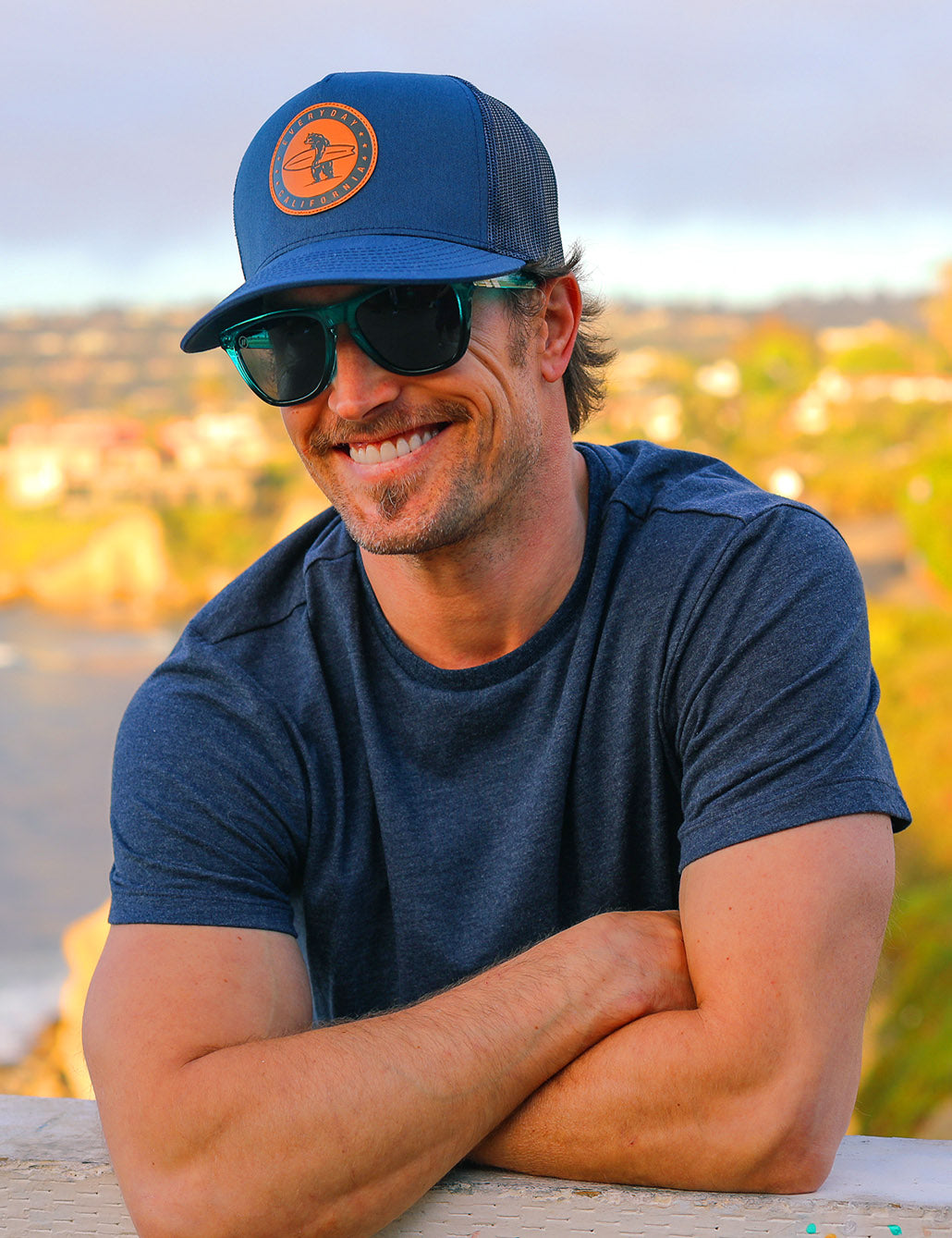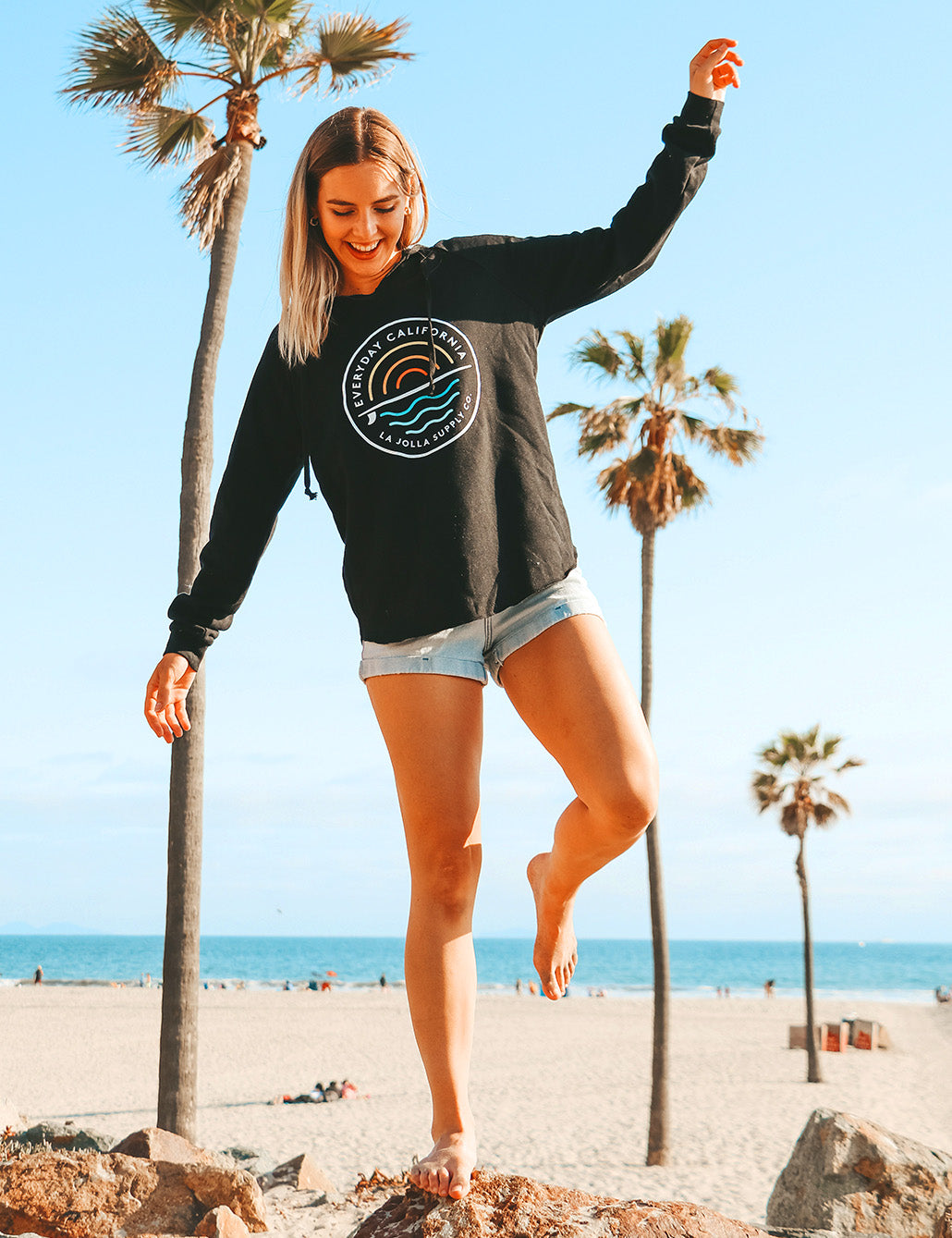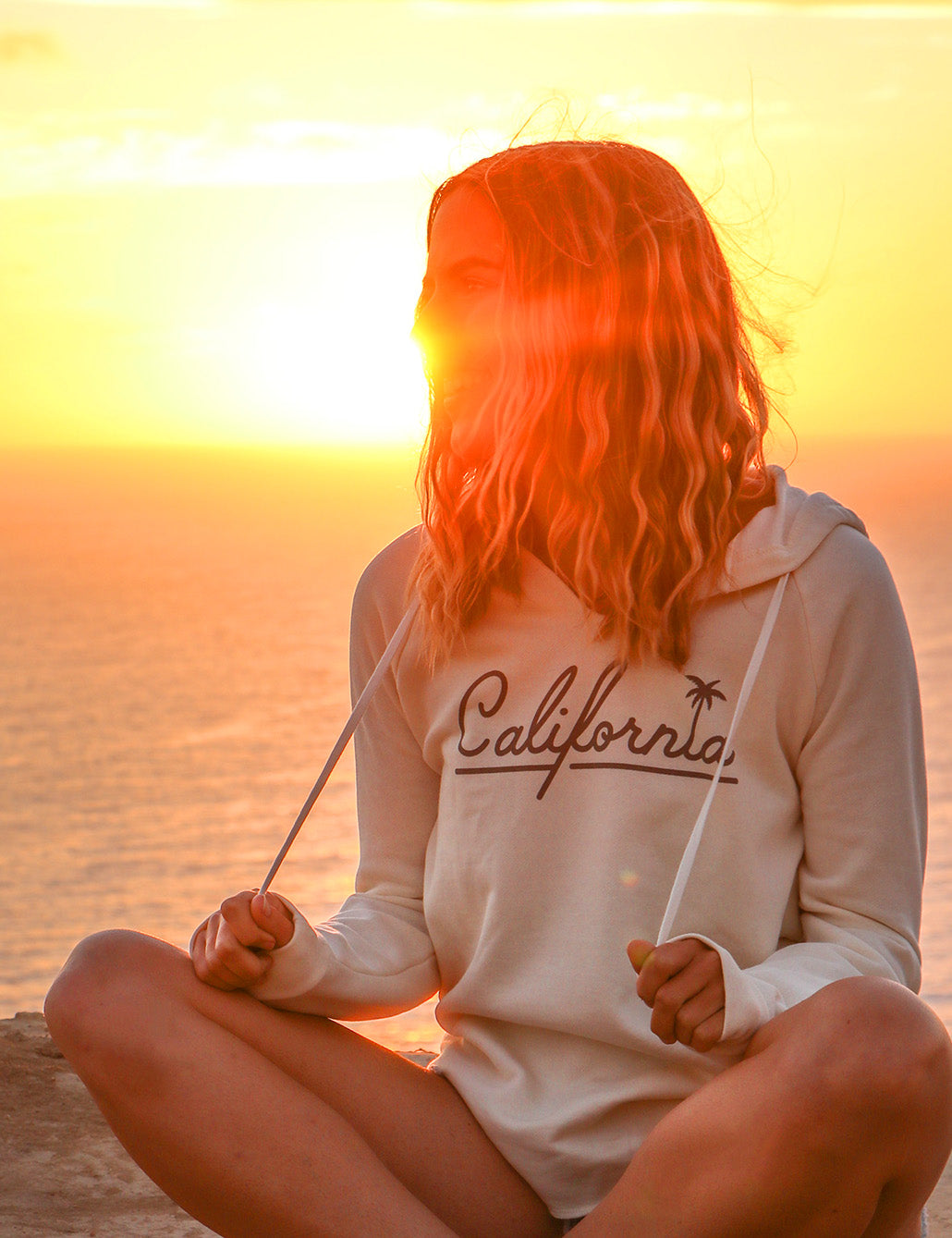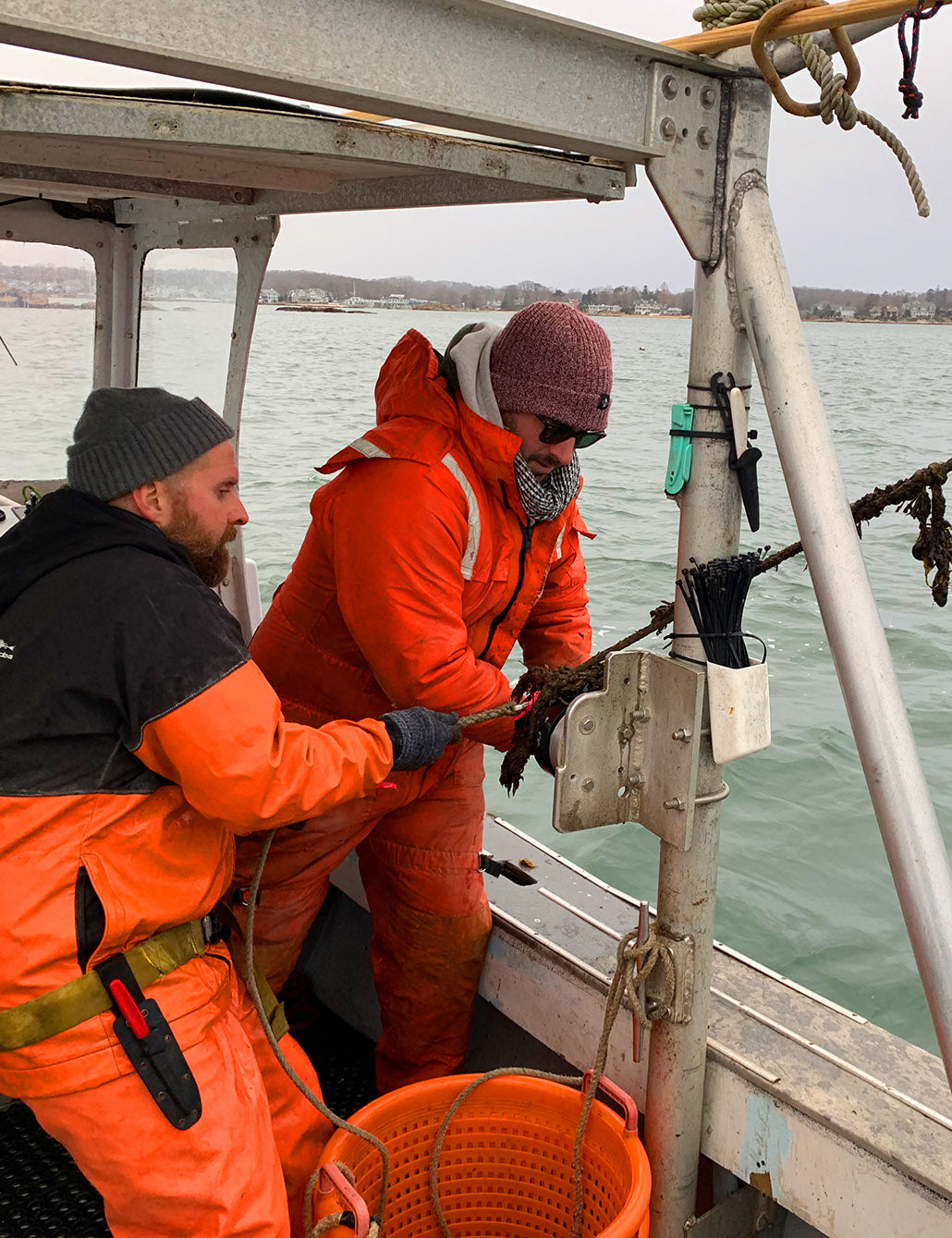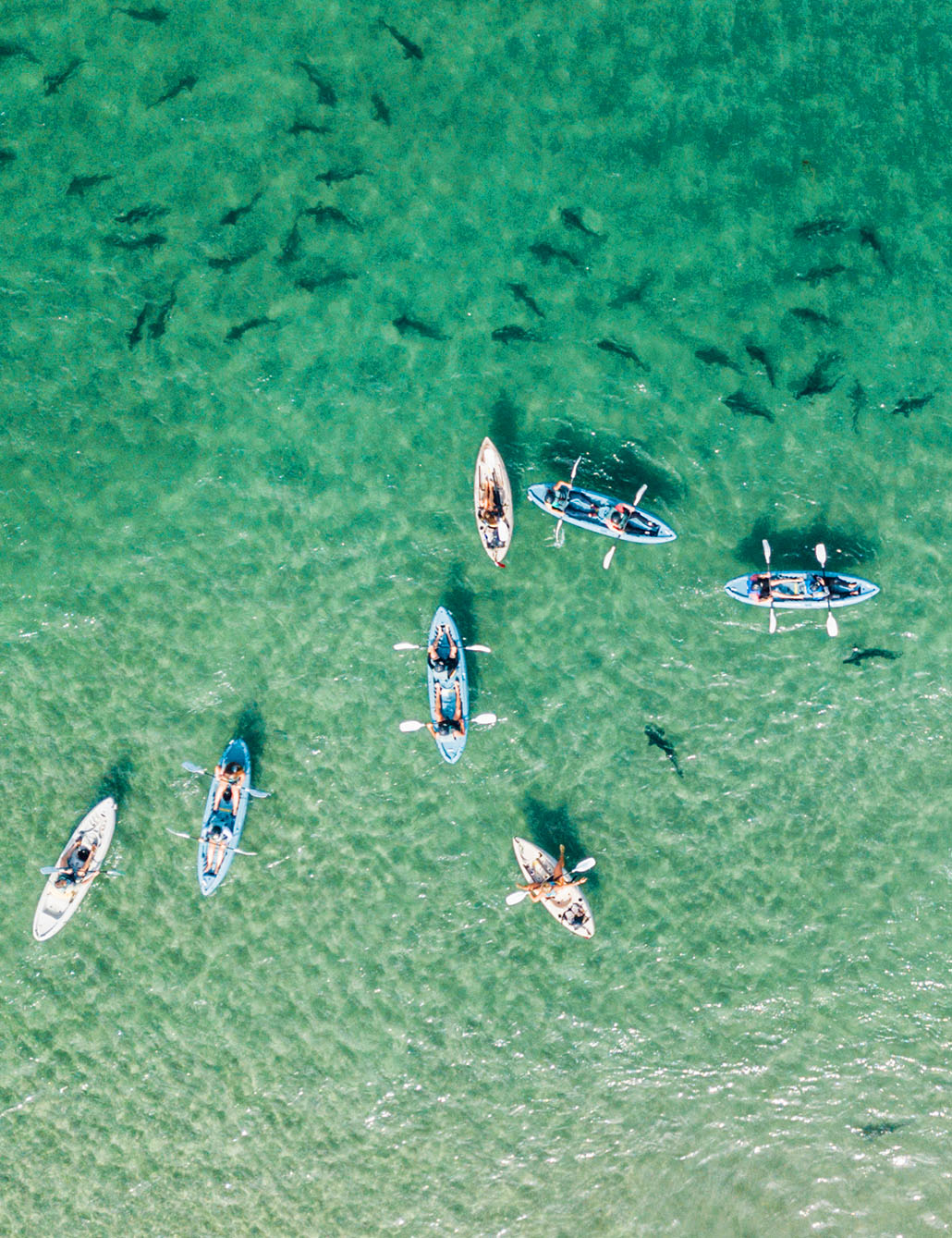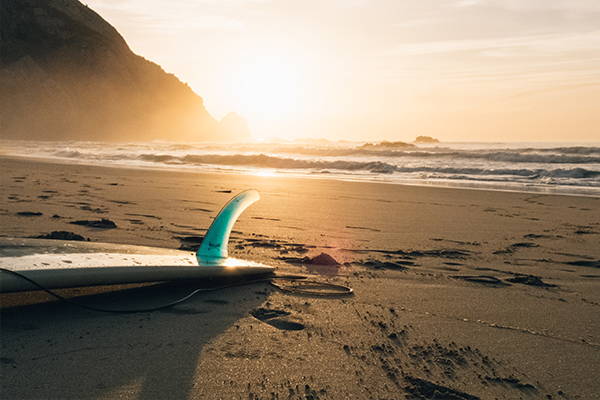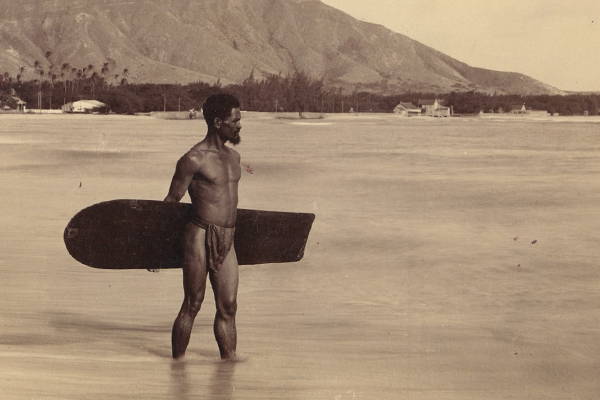By Andrew Iida I Head Writer and Resident EMT
We can not pretend that everything is fine anymore.
Global climate change is happening right now. This is not an empty political statement. This is a statement of fact, supported by the overwhelming majority of climate scientists worldwide. Oceans are becoming more acidic, droughts are becoming more severe and frequent, and we are in the middle of our planet’s sixth mass extinction event. The time to start addressing these problems is not now; it was decades ago. Today, we have to work twice as hard to catch up to where we should have been. It’s not going to be easy, but we’re lucky enough to have forward-thinking, hard-working people to guide us.
In 2002, a time when fossil fuel corporations were working hard to suppress climate science, the founder of Patagonia and the founder of Blue Ribbon Flies recognized the severity of threats to our planet, and took action. Yvon Chouinard and Craig Matthews realized that our environment needs protection, and businesses which profit from using our planet’s resources have a moral imperative to offset the harm they cause. To address the growing threats to our world, 1% for the Planet has been recruiting companies around the globe to join a pledge to donate 1% of their profits to an environmental nonprofit. Yvon believes that businesses have “more responsibility than to maximize profits for the shareholders or for themselves, that they have a responsibility to the planet. We all do.”
We can’t agree more. We know that the challenges facing our world are too big for any one person or organization to solve on their own, and it’s going to take all of our cooperation to make meaningful positive changes. But businesses like us have an even bigger obligation to help. We’ve done our best to minimize our environmental impact, and we’re proud of what we’ve been able to achieve. In addition to basic conservation practices that everyone should be following, like reducing waste and moving towards a paperless office, we’re making sure our products align with our goals. In our quest to #HelpTheKelp, we created a t-shirt made with seaweed. It’s soft, naturally resists odors, and is made with biodegradable and sustainable materials. We are also developing our own reef-safe sunscreen, specially formulated to avoid the harm that normal sunscreens cause to the ocean when they enter the water.
However, we understand that we are still taking up our planet’s resources. Our products, for example, are shipped around the globe, and the trucks, planes, and boats they travel on are all burning fossil fuels. So for us, contributing to environmental protection isn’t something we should do. It’s something we must do. We feel that the only ethical model for our business is ecotourism, which focuses on conservation and education. We want our profits to come from the appreciation of nature, not its exploitation, and if future generations are unable to enjoy the ocean because of harm that we contributed to, we will consider our business model a failure no matter how much money we make.

We’re proud of our partnership with 1% for the Planet, and thrilled that we are a part of an organization that has delivered over $225 million to charities around the world. Their network of more than 1,800 businesses has helped contribute to solving issues affecting climate, land use, food, pollution, water, and wildlife. In addition to donating directly to groups that work to reverse the damage done to our planet, 1% also helps fund political activism, education, and legal action centered on these issues. Their holistic approach recognizes that the problems we face are huge and complex, and require action from multiple avenues to create effective solutions.
Here at Everyday California, we care deeply about all aspects of environmental protection, but our real passion is for the ocean. We’re in the water every day of the year, so threats to our oceans affect us personally. 1% for the Planet gives its partners the choice to choose the environmental nonprofits that we work with, so we’ve decided to donate our 1% to organizations that improve the quality of our oceans and our access to them.
One of the issues that concerns us is deforestation, and we’re not talking about trees. California has huge kelp forests just off the coast, and if we let them die, we’re in serious trouble. Kelp is known as a “keystone species”, which means that there are many species which depend on giant kelp for survival. Invertebrates, fish, sea lions, sea otters, and even gray whales need these kelp forests for food and protection, so by helping the kelp, we’re helping a huge number of marine animals.

Image by Kyle McBurnie
And the kelp definitely needs our help. In 2014, kelp forests in Southern California started dying as a result of unusually warm waters. They’re still struggling, but our local kelp seems to be rebounding, and the areas that died off are being replenished. We’re doing much better than Northern California, whose kelp fields are being decimated by sea urchins. We see kelp deforestation as a huge, pressing concern, which is why all of our guides wear rash guards that say #HelpTheKelp on the back. Any of our guides wearing that shirt would love to talk to you about our sustainability efforts.
We looked for nonprofits that shared our goals of environmental protection and our concerns over deforestation. Last year, we were lucky enough to visit an ocean farm with Bren Smith, who founded GreenWave to change the way we approach ocean farming. Seaweed is used around the world for food, cosmetic products, and medicine, but much of it is harvested with unsustainable methods. The National Oceanographic and Atmospheric Association tells us that commercial kelp harvesting is possibly the greatest threat to kelp stability, so we need to find ways to meet our kelp demands in an environmentally-friendly way. Since 2014, GreenWave has been promoting a 3D ocean farming model that grows seaweed and shellfish in a small footprint. The plants and animals don’t need to be fed, watered, or fertilized, and because kelp absorbs 5 times as much carbon as plants on land and shellfish filter ocean water, these farms are among the most sustainable food sources available to us today. GreenWave estimates that if we farm less than 5% of United States waters, we will produce as much protein as 3 trillion cheeseburgers, remove 135 million tons of carbon from the atmosphere, and filter 10 million tons of harmful nitrogen from the ocean.
We also believe that one of the most important things we can do to get people to care about the oceans is to improve our access to them, which is why Urban Surf 4 Kids immediately caught our eye. The incredible, caring people at US4K bring orphan and foster children to the beach for a day of surfing. Most of these kids would have never had an opportunity like this without the organization, and many of them will be seeing the beach for the first time, even though they live in San Diego. We can’t think of a better way to show kids the value of the ocean and the importance of giving back to our communities.


Image by Kyle McBurnie
If you care about the future of our oceans, these two organizations are a great place to volunteer your time and money, but we realize that not everyone shares our specific priorities and goals. We’ve decided to change our donation policies to give you more control over how your money is spent by partnering with ShoppingGives. Now when you purchase any of our apparel or accessories, you will be able to choose which nonprofit organization receives a portion of your purchase.
It’s an incredible day in La Jolla. The sun is shining over white sand and clear, blue water, and everyone here would much rather be in the ocean than stuck inside. Our world is beautiful; let's keep it that way.

